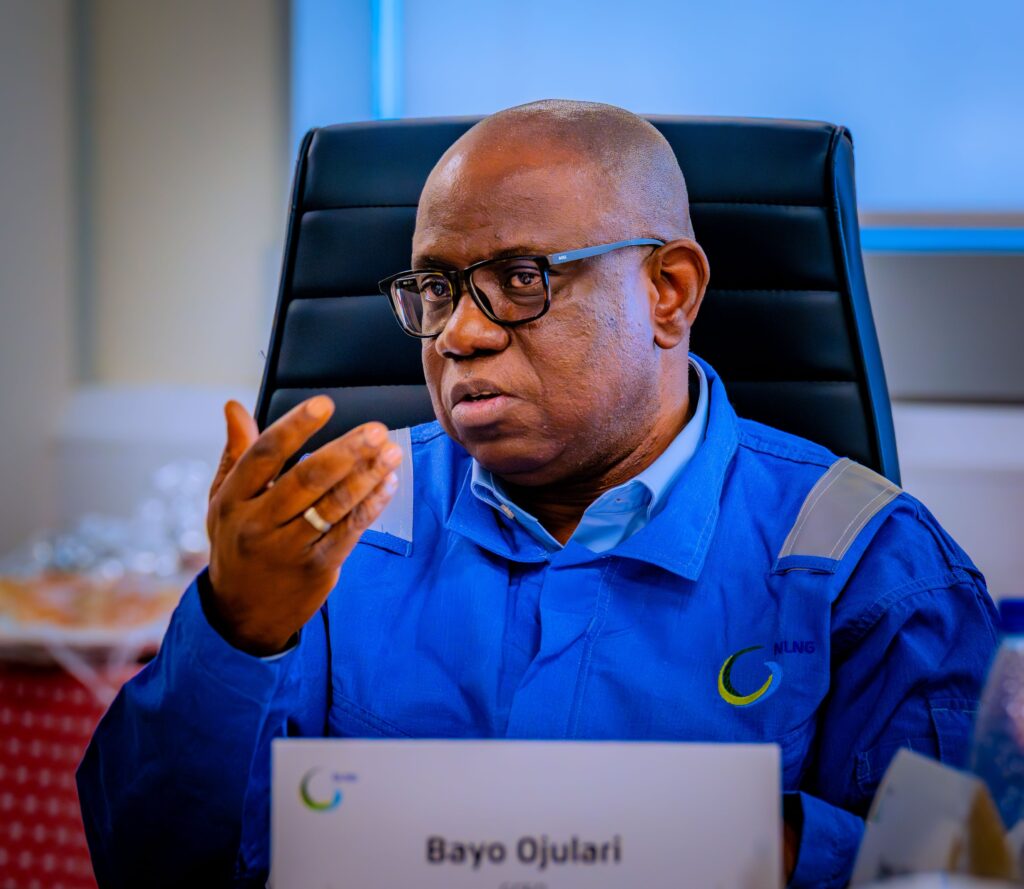The Nigerian National Petroleum Company (NNPC) Limited has on Monday said that nearly all pipeline theft has been eliminated after coordinated efforts by the country’s defence and intelligence agencies.
This was disclosed by the NNPC Group Chief Executive Officer, Bayo Ojulari, during his address at a regional security forum in Abuja.
Ojulari had according to Reuters stated that the company is now attaining close to 100% from its pipelines and terminals.
“Today, I can proudly report that our pipeline and terminal receipts are attaining close to 100%,” the NNPC boss was quoted to have said.
He said security had been improved, particularly within the Niger Delta, where most of the country’s oil infrastructure is located.
The country’s defence and intelligence agencies were involved, as Ojulari said illicit trade was not merely a local problem but involved “sophisticated international syndicates” exploiting weaknesses in national and regional security frameworks.
As the improved security bolsters Nigeria’s overall oil output and the country seeks to accelerate approval for new projects, the national oil regulator projected at an oil conference last week that Nigeria’s output could surpass 2.5 million barrels per day next year.
According to Reuters, as little as 30% of oil sent through some pipelines made it to Nigeria’s export terminals in 2022, costing the government billions in lost revenue and leading investment to be deferred.
Nigeria’s oil production was last close to 2.5 million barrels per day in 2005 before militancy in the Niger Delta reduced output to 1 million bpd by 2016.
The resurgence of the militants in mid-2015 had become a major security concern to Nigerians, the federal government, regional shipping companies, and international oil interests.
According to study, the intensified attacks on oil infrastructure by new militant groups such as the Niger Delta Avengers (NDA) reduced Nigeria’s output to a 22-year low.
The NDA militants began the oil facility sabotage on the 10th of February 2016 when they blew up the Bonny Soku Gas Line, which carries natural gas to the Nigeria Liquefied Natural Gas plant, and an independent power plant at Gbaran.
Three days after, they launched the “Operation Red Economy” with a 14-day ultimatum to the central government to respond to its demands.
Another devastating attack would on the 14th of February be carried out on one of the most strategic pipelines in the nation’s energy network, the Trans Forcados Pipeline (TFP), which transports oil, water, and associated gas from fields in the western Delta to the 400,000 bpd Forcados oil terminal.
Ten days later, on 23 February, the NDA reissued its warning that it will continue hitting oil facilities until the government addresses its grievances.
On 4 May 2016, NDA militants struck again, blowing up the Chevron Valve Platform located in the Delta state of Warri.
The next day, it carried out another attack on the Chevron Well D25 in Abiteye along with gas lines feeding the Warri and Kaduna refineries.
By 2021, Nigeria began hiring private security firms to complement the national security organisations in managing pipeline security.


